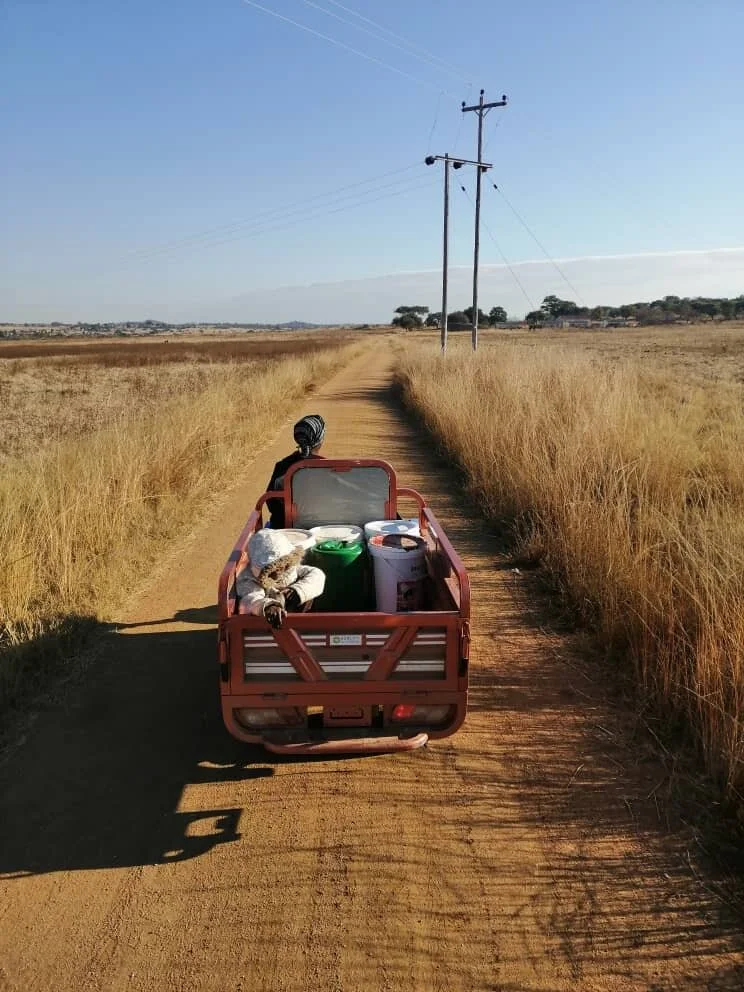Women spend an estimated 40 billion hours collecting water in Africa.
While drought in Southern Africa looks likely to enter its second year, and Zimbabwe’s economic isolation remains in place, there is no doubt that the country continues to face tough times. Yet, when I meet with the local people in rural communities, their resilience and strength, is a reminder of the great potential and why we need to continue to believe in them. Small scale agriculture remains the backbone of the economy. With the potential of off grid renewable energy, combined with the potential multi-purpose batteries, provides an exciting opportunity for Africa to overcome many of the challenges that confront small scale farmers.
A new report produced by the Malabo Montpellier Panel details how energized policy innovations can power the transformation of Africa’s agricultural and food system. It argues that if Africa is to improve its agricultural productivity, increased levels of energy input are urgently required. “Until now, human muscle – manual – power has been the dominant energy source in African agriculture. Access to energy can significantly improve the capacity of farmers to deploy new technologies, tools, and machinery in tillage, plowing, and weeding,” the report highlights. It says that across the agricultural value chain, manual power is equivalent to 60 percent of the total energy used – often provided by women. And as we know at MFA, the burden of long distances to get the fields and sell your goods at the market, add even more physical burden.
One of the key recommendations of the report is to adopt gender- responsive energy strategies which is something our pilot has reinforced. “As major actors in farming, food preparation as well as processing, women are primary energy managers at the household level. They are thus affected in different ways by the lack of access to improved energy services, with considerable consequences for growth, health and the environment,” the report highlights, acknowledging that with better inclusion of women, the benefit to the community and the broader economy will be much larger.
Echoing our own findings from the pilot, in the second phase we are planning to support our participants focus on high value crops like finger millet, sunflowers and chia and aim to improve their access to market that so they can increase their incomes. The idea is to explore how we can test out multi-purpose batteries to be used for other mechanized tools like water irrigation pumps, tiling and grinding.



